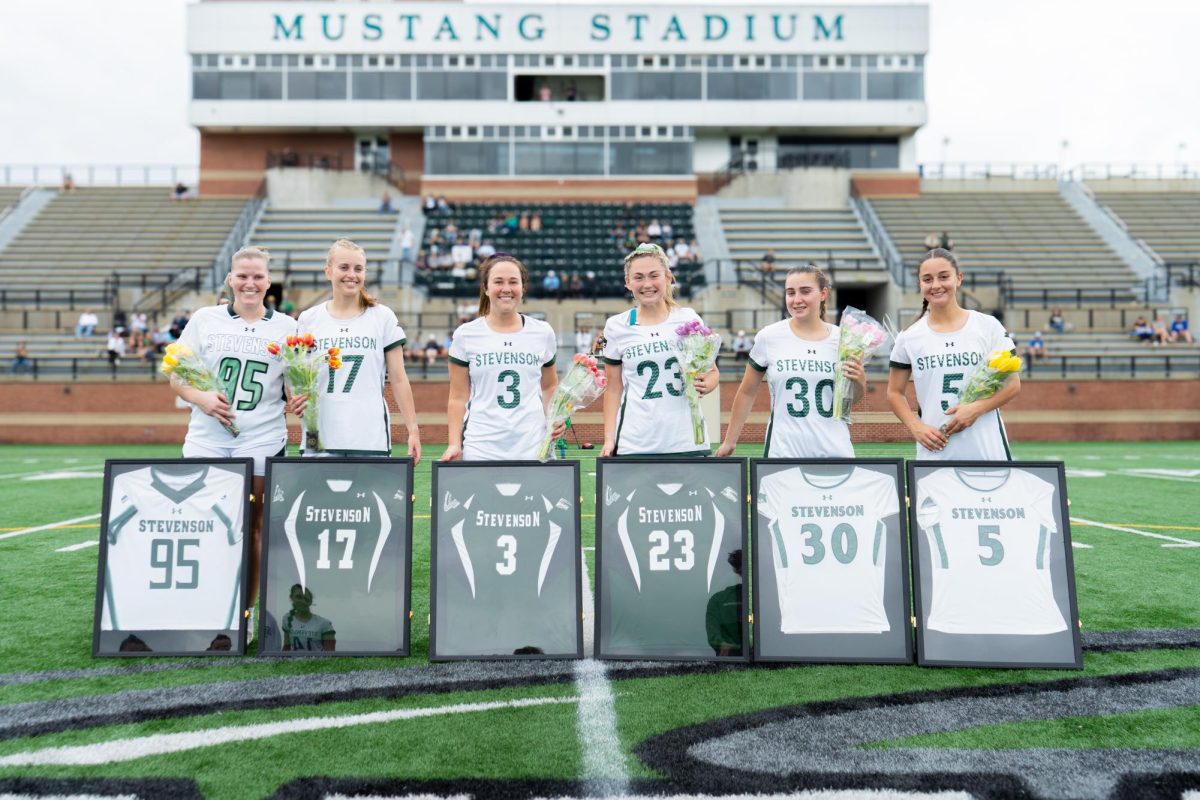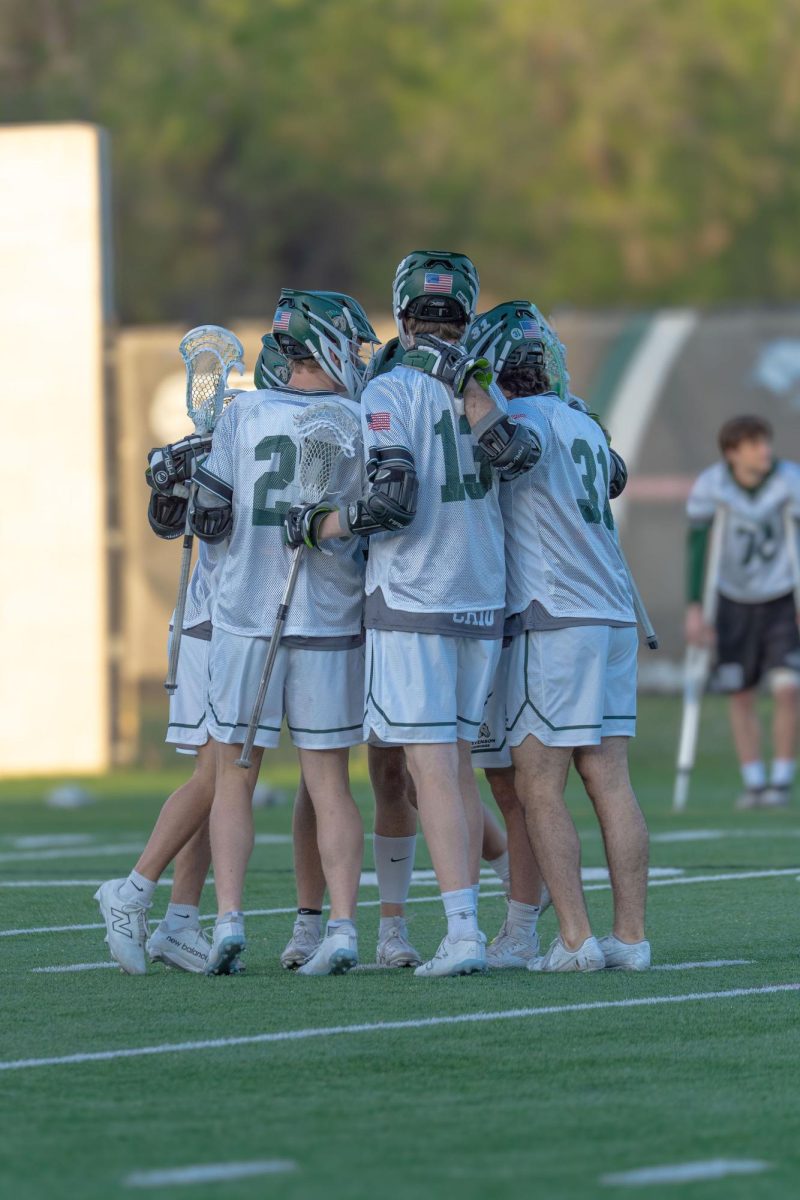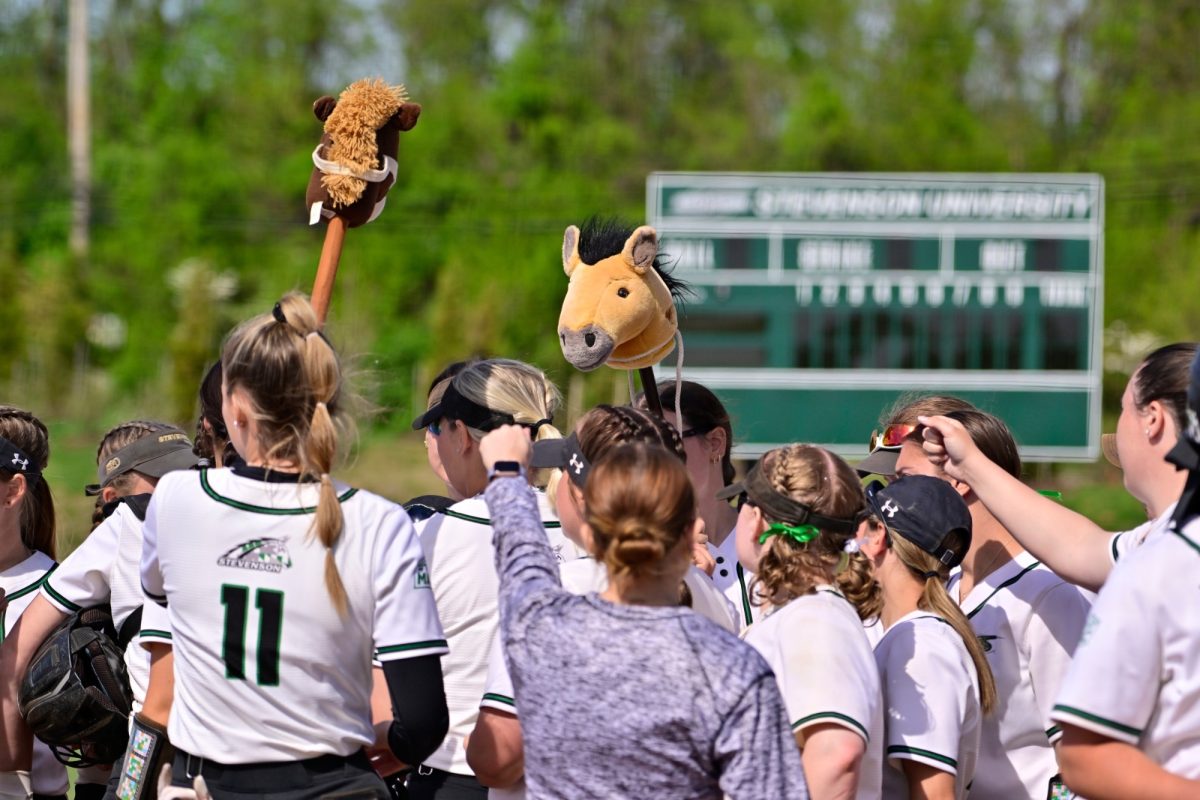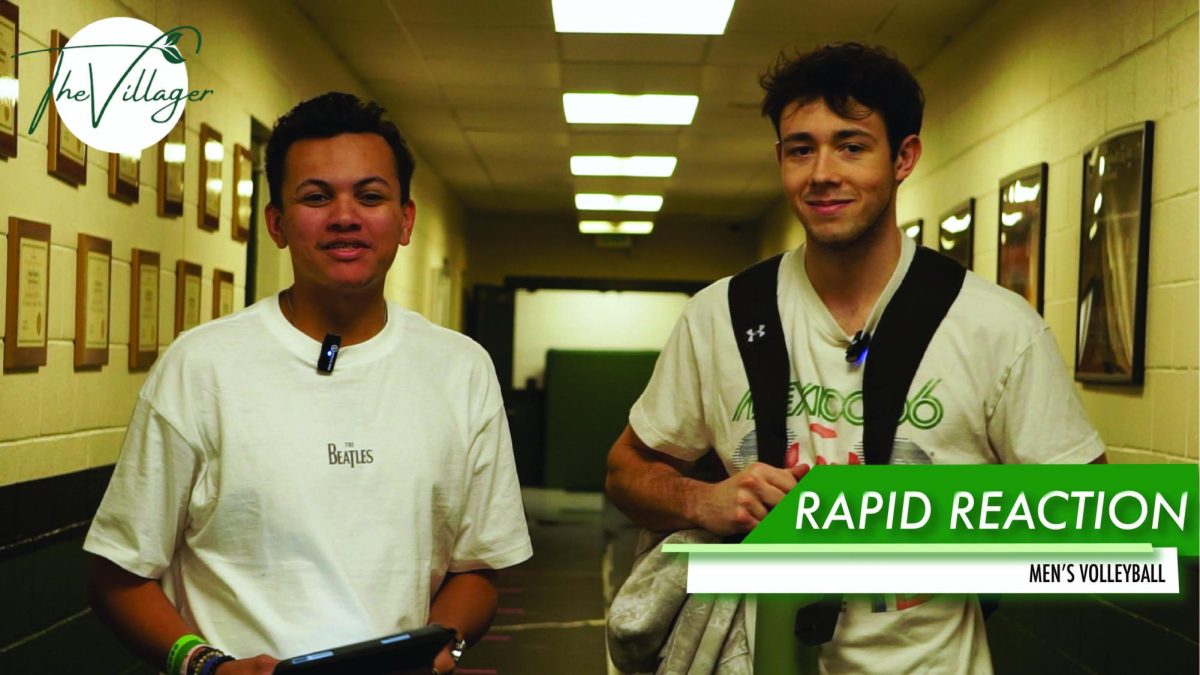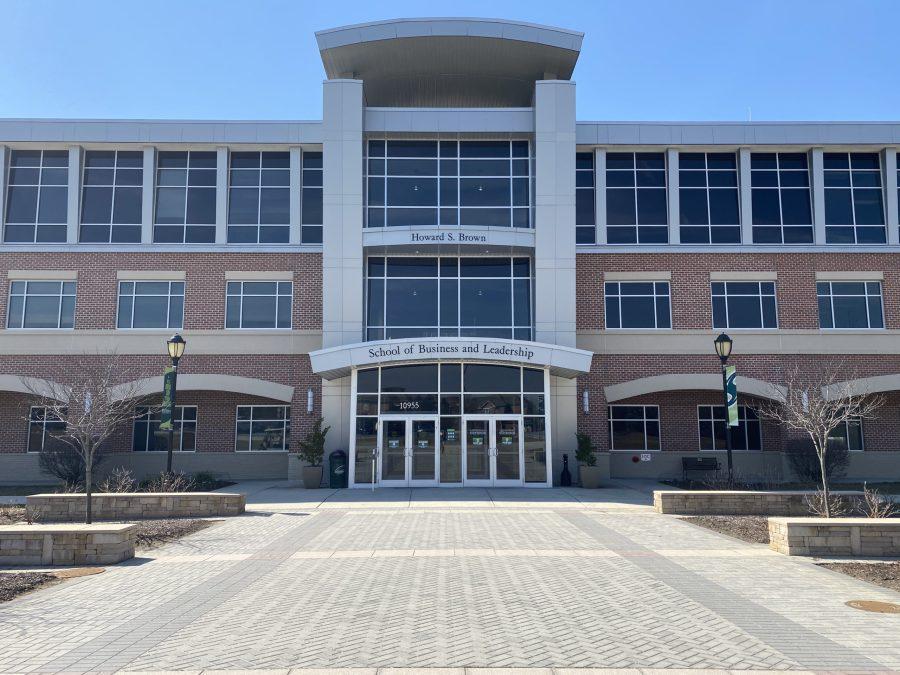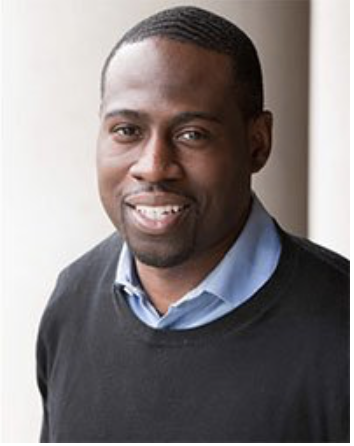When it comes to resources Stevenson has to offer, The Zirkin Center for Excellence in Teaching and Learning (ZCETL), formerly the Center for Teaching and Learning (CTL), is truly a hidden gem. Founded in 2019, ZCETL’s focus was, has been, and will be to help SU professors become even better at what they strive to do best: teach.
Stephanie Verni, Department of Communication professor and inaugural ZCETL Teaching Fellow, said, “It was created as a faculty development arm of the university to essentially help teachers become better teachers.”
The program has three “arms” that help support the center:
1. Faculty fellows
2. A library fellow (who provides library-based resources)
3. The Office of Information Technology (which provides online and virtual based resources).

The founding three inaugural Fellows who started their terms in 2019 Dr. Aaron Chandler, Ph.D., Dr. Virginia N. Iannone, Ph.D., and Professor Verni — are all concluding their time as Fellows at the end of this semester. Dr. Maria Wong, Ph.D. and Dr. Beth Kobett, Ed.D. were added in 2020 as two new inaugural Fellows, which allowed for a brief overlap of five ZCETL Fellows. ZCETL also recently appointed Dr. Denis Cioffi as Vice Provost and Founding Director of the Zirkin Center.
ZCETL’s distinct purpose is to provide space and programming to help faculty improve their courses by sharing new teaching approaches while experimenting with new formats. The recent overlap of Fellow terms, therefore, allowed for previous Fellows to help train and teach new fellows, thereby following their own center’s mission.
On his experience with ZCETL, Chandler, an SU English professor and founding inaugural fellow, said, “Speaking personally, working as a Faculty Fellow for the last two years has been a tremendous privilege, even in moments of challenge. It’s put me in close collaboration with some of the most engaged, passionate, and inventive teachers on campus.”
Indeed, engaged, passionate, and inventive professors were Stevenson’s backbone amid the pandemic. And ZCETL was, oftentimes, a lifesaving resources, which Verni acknowledged as not so much an obstacle, but a challenge. “The pandemic got tossed in there,” Verni said, “so a lot of what we did had to do with helping teachers adapt to teaching during a pandemic.”
For instance, throughout the pandemic, ZCETL has helped professors learn various software to add as course tools to their Blackboard sites; it also aided in identifying and accessing online programs for teachers interested in learning and utilizing diverse virtual teaching styles; and last but not least, the program offered personal one-on-one help as professors needed it.
But the current ZCETL Fellows aren’t the only active “teachers helping teachers;” it’s all about collaboration. “We bring in other faculty to help, as well; it’s not just us [the Fellows]; we’re not the only ones hosting workshops,” Verni explained. Since its inception, ZCETL has offered workshops for interested Mustang professors to attend. Workshops are designed and presented by both the Fellows and their peers.
For instance, Dr. David Nicholson, an education professor at Stevenson, recently hosted a workshop for his colleagues on “how to write strong teaching philosophies” to aid in their portfolio creation processes for self-promotion.
All sessions and workshops provided by the center are recorded so that professors can watch at their leisure. In addition to workshop recordings, ZCETL has posted a multitude of “quick clips,” which served as mini tutorials made by the Fellows. Some of the topics that the quick clips covered included “how to use [the online graphic design site] Canva” or “how to use the iPad drawing tool.”
For its Fellows and users alike, ZCETL hasn’t just impacted SU teachers by way of professional and professorial guidance; it’s essentially created its own community. “[My time as a Fellow] also meant deepening my connection with a community of teachers dedicated to pedagogy – dozens of full-time and part-time colleagues who have partnered with ZCETL, or attended a workshop, or solicited teaching observations,” Chandler added.
Indeed, when the professors bond, the students benefit. “[ZCETL is] for faculty by faculty, but it’s for students. It’s ultimately about doing what we can to be effective teachers to help students,” Verni added.













